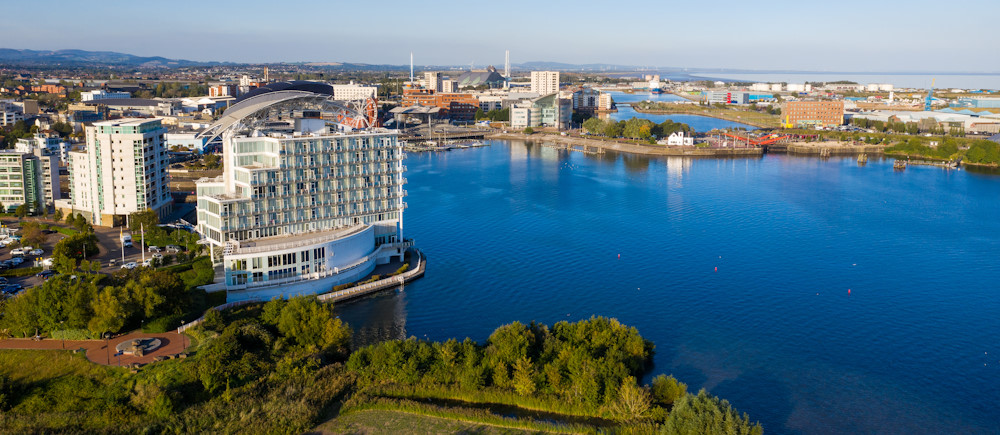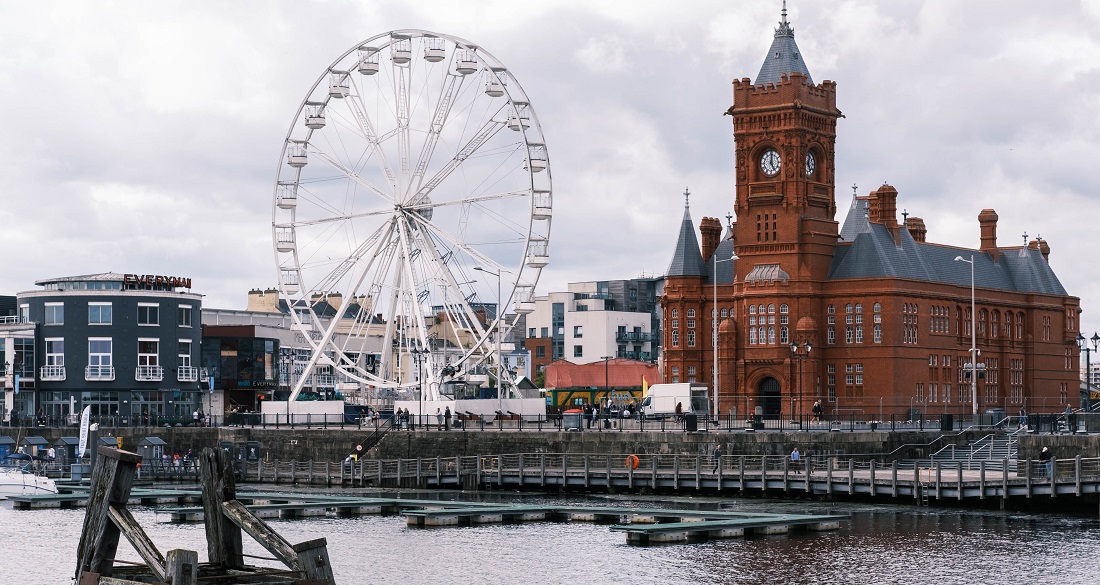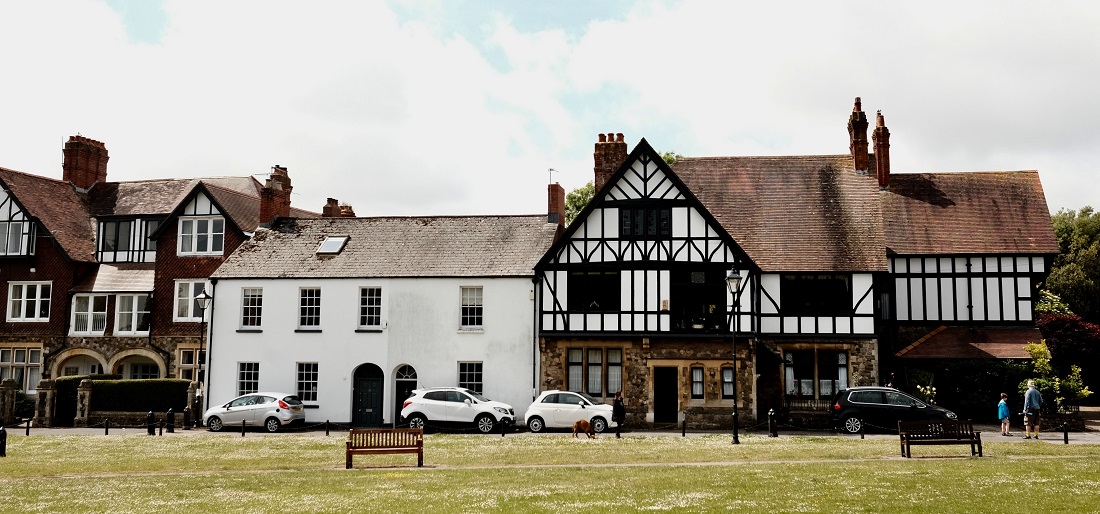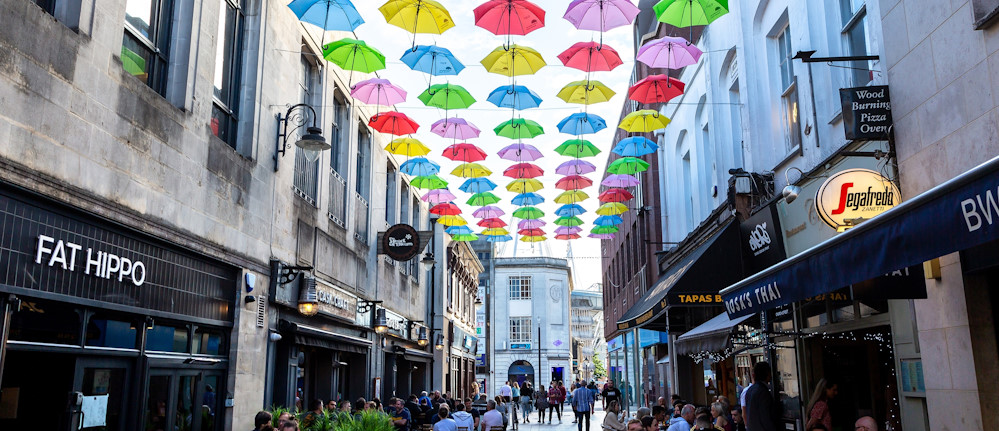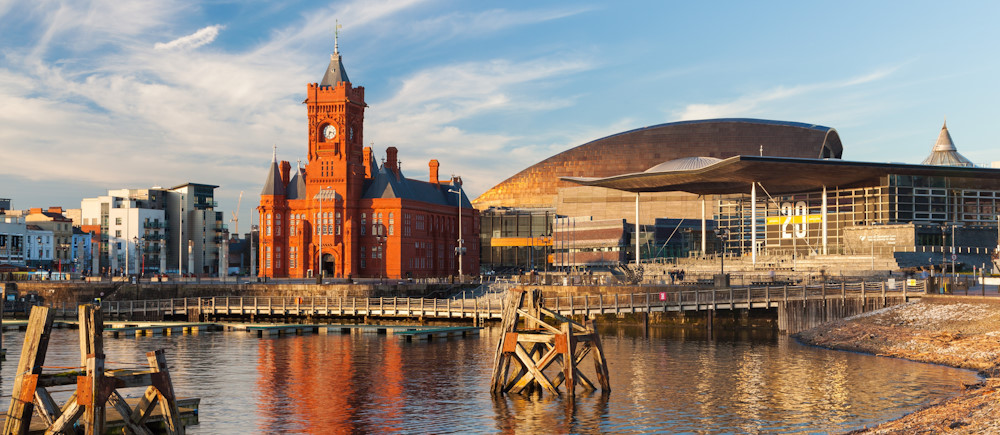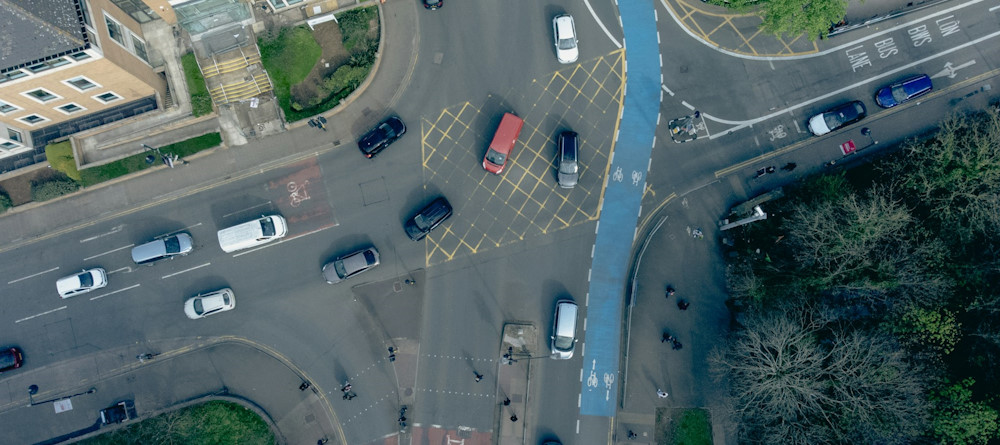Perched on the southern coast of Wales, Cardiff is surrounded by rolling green hills and a stunning coastline. The Welsh capital’s skyline is a combination of modern skyscrapers and whimsical medieval castles, sprinkled with gorgeous Victorian architecture and the famous silhouette of the Millennium Stadium.
Besides aesthetics, the city’s exciting job market, fairly stable economy and high quality of life are luring residents from all over the UK as well as expats from further afield.
Living in Cardiff
With so much to see and do in the city, it should come as no surprise that tourism is one of Cardiff’s top industries, providing ample employment opportunities in the city. Retail, finance, and manufacturing are also thriving sectors, while Cardiff’s media industry, including television and film, is also rapidly gaining traction.
New arrivals moving to Cardiff for employment purposes often remark on the positive work-life balance in the city. The common atmosphere at companies in Cardiff is friendly and open, and employees are respected and valued for their work.
That being said, this high quality of life does potentially come with lower earnings. Salaries in Cardiff are usually lower than one would find in a major UK city. Still, the low cost of living tends to balance things out, and most Cardiff residents live comfortably.
Learn about Finding a Job and Working in Cardiff.
Cost of living in Cardiff
Compared to major cities in other parts of the UK, the cost of living in Cardiff is reasonable. Although the cost of renting or buying a home in Cardiff is rising rapidly, house hunters who are used to English, Scottish, or Irish accommodation prices will generally find more affordable options in the Welsh capital. That being said, costs do vary from area to area.
Excellent schooling can be accessed free of charge, and day-to-day expenses such as groceries are reasonably priced. With such a compact city centre and a decent public transport network, there’s also little reason to own a personal vehicle.
Find out more about Cost of Living in Cardiff.
Family and children in Cardiff
Cardiff is a wonderful place to raise a family. Many of the top schools in Wales are government schools in Cardiff, with a handful being singled out year after year for their exceptional results. Catchment areas do apply, giving children who live nearby priority of admission, so it’s wise to bear this in mind when deciding where to live.
New arrivals can expect good-quality healthcare in Cardiff, which is home to several fantastic hospitals, including the Princess of Wales Hospital and the University Hospital of Wales.
The lifestyle in Cardiff is another of the city’s major drawcards. Whether you’re an outdoor enthusiast, a party animal, a culture vulture or a shopping fanatic, there’s something for everyone.
Finding a School in Cardiff
Shopping, Sport and Entertainment in Cardiff
Climate in Cardiff
It won’t take long for new arrivals in Cardiff to notice the city’s perpetually wet weather. Having many times received the dubious honour of being named the UK’s wettest city, Cardiff is ripe for rain almost the whole year round, although it lets up a bit in March and April.
Weather and Climate in Cardiff
While moving to a new city can be daunting, those headed to Cardiff have much to look forward to. With welcoming locals, a gentle cost of living, exciting work opportunities and a family-friendly atmosphere, new arrivals are sure to feel at home in no time at all.

